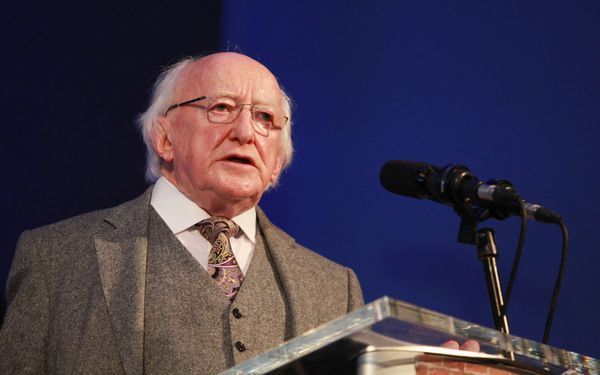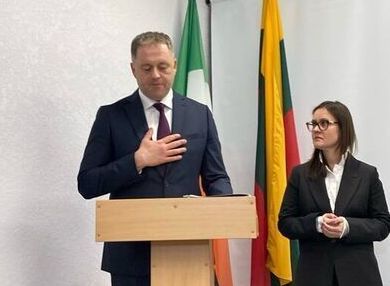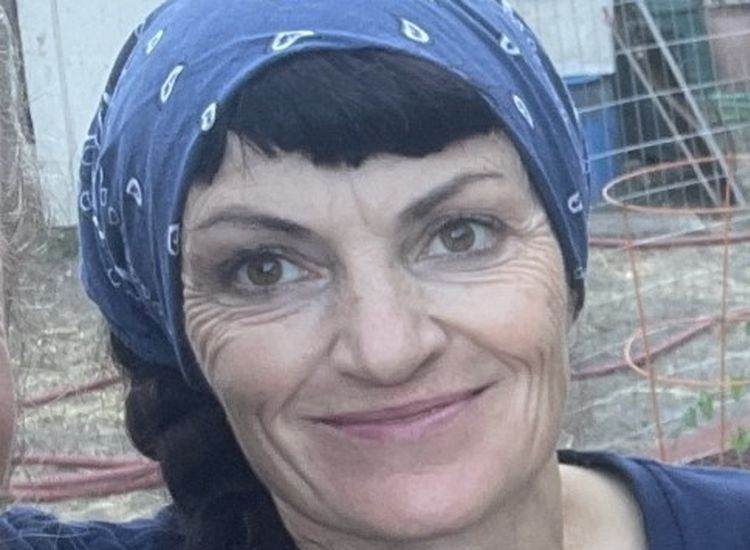As last week ended the Guardian newspaper ran a series of stories that would have not made the weekend a comforting one for anyone fearful for the future of the planet.
The plight of the Amazon rainforest has been covered for years. The headlines have been never less than discouraging, indeed downright depressing.
The Guardian head atop the story informed readers that in order to meet the growing worldwide demand for Brazilian beef a great many trees have been destroyed.
How many trees and in what timeframe?
Six years. 800 million trees.
Now while Brazil might seem a long way away for most of us what happens to the Amazon rainforest affects the entire world.
Brazil is not the only country that calls the rainforest its territory. But when it comes to destroying the "earth's lung," Brazil is top of a very dubious league.
Interesting indeed that on the very same day that the Guardian report was published - there were actually several accompanying reports, a couple of them focusing on corporations financing the destruction of the rainforest - Ireland's president, Michael D Higgins, issued a statement that was only the latest in a series from a man who has a view of the world that stretches well beyond the boundaries of his home island.
Here is the statement in full. It was focused "on the threat to the Amazon posed by legislation in the Brazilian Chamber of Deputies."
Said Higgins: “It is of the utmost importance that the legislation passed this week by the Chamber of Deputies in Brasilia, bill number 490, be seen for what it is – an action that endangers all of humanity, present and future.
"The bill, which would allow for the large scale building of roads, mining and deforestation of the Amazon and allow direct confrontation with some very small populations of indigenous peoples, is the single biggest disaster threatening the international climate change movement based on sustainability.
"Far from being a reverse of the policy of a President, Luiz Inácio Lula da Silva, bravely elected with a clear mandate to put an end to the destruction of one of the great lungs of the world, the Amazon, it is a direct confrontation with him on the part of those who are insisting that democracy does not matter and that the prosecution of their private interests must prevail.
"It is a challenge to all Heads of State and Government to now speak out firmly on where they stand on what is emerging as the greatest threat to democracy – the uncontrolled, unregulated actions of the unaccountable.
"These actions are causing the destruction of the Amazon and threatening the lives of the indigenous peoples who have protected it. These indigenous peoples, who are this weekend marking the first anniversary of the death of two frontline campaigners – Bruno Pereira and Dom Philips – murdered one year ago on 5 June 2022, deserve our clear and unequivocal support.
"The major signatories to our international conventions on climate sustainability must speak out and, of course, we should hear unequivocal support for President Lula da Silva from the European Union, the African Union, and all of the other unions who subscribe to the international treaties that are there for the protection of all humanity, and indeed from all who believe in established science.
"It is not the time for silence, and it would be singularly insufficient to just note that those promoting this destruction simply differ with an elected President.
"Ten percent of Amazon cover has been deforested, large-scale roads are being driven to facilitate a mining industry and forms of intense agricultural production. Brazil has a responsibility for more than three-fifths of the Amazon rainforest and has suffered the greatest portion of the recent deforestation, just less than half a million square kilometres.
"This recent action by the Chamber of Deputies stands as a direct challenge, not just to the elected President, but to all those other governments in the neighbourhood who had recently been conferring on a mutually-agreed common strategy of conservation.
"How else can what has been proposed be morally judged other than as a crime against humanity? Let us hear the voices that stand in protection of international law and the rights of humanity.”
One can only imagine some of the characters walking the halls of Brazil's Chamber of Deputies. Sadly, the likes of them can be found in just about every legislative assembly on the planet.
And they are growing in number, even as the trees disappear.









